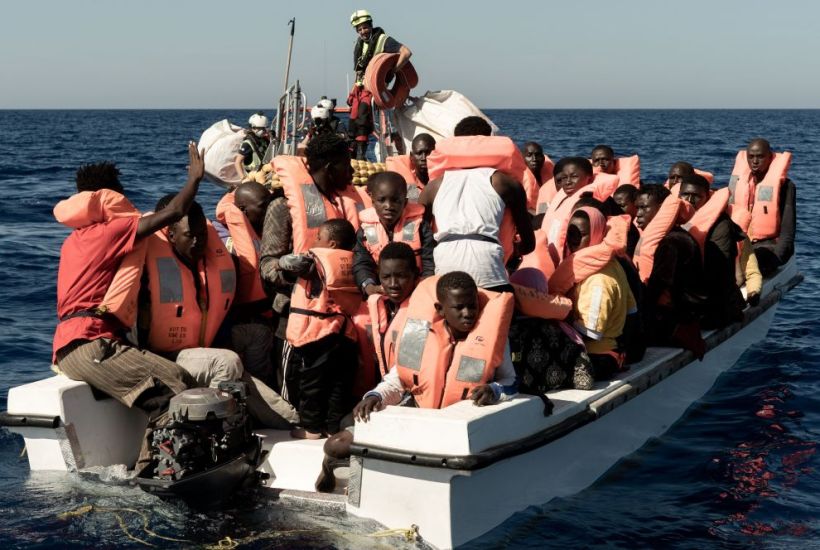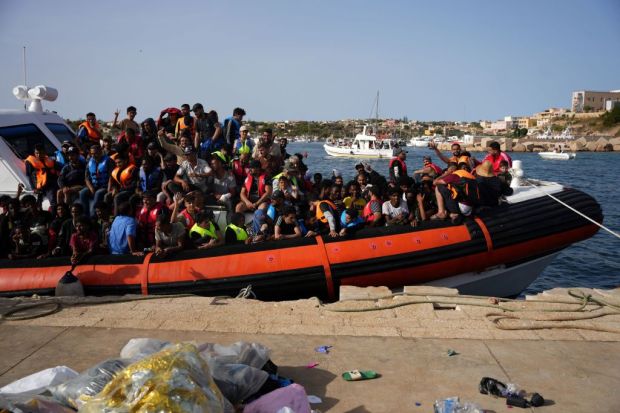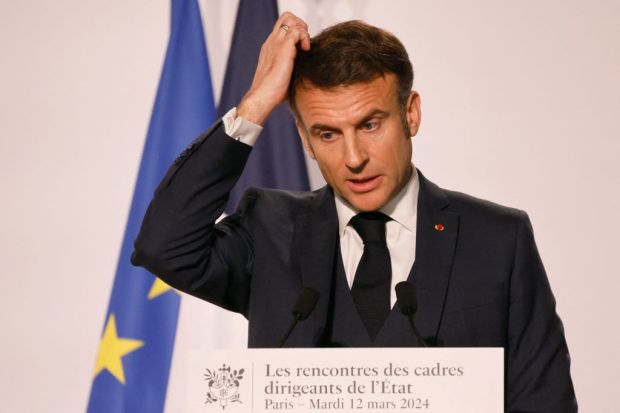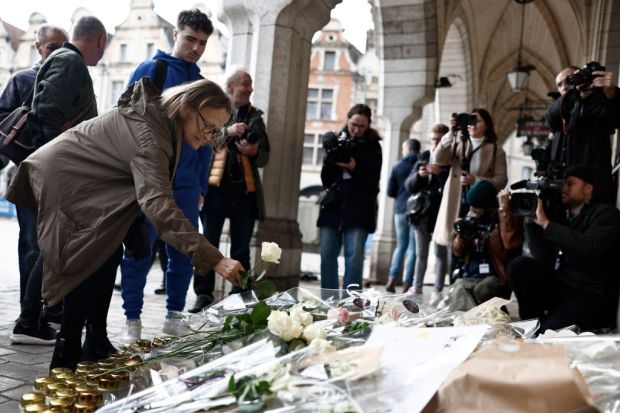The first time Mohamed Bazoum came to the attention of the European media was in the aftermath of the Great Migrant Crisis of 2015. The man who was, until a fortnight ago, the president of Niger, was at that time the minister of the interior.
The shockwaves of a war in Niger would be felt in Europe
It was his responsibility to implement an accord between Niger and the European Union to stem the flow of migrants through his country north towards the Mediterranean coast. The majority of men, women and children who had Europe in their sights passed through the Nigerien city of Agadez, a route used by migrants traversing Africa for centuries. Most did so voluntarily but not all, and young Nigerian women fated for sex work in Europe also transited Niger.
Described as the ‘gateway from West Africa to Libya’, Agadez was where the people traffickers based their operations, piling migrants into trucks for the 600 miles journey north across the Sahara to Libya.
Up until 2011 such attempts to reach Europe would have ended unsuccessfully at the Libyan border, but after the West ousted Colonel Muammar Gaddafi in 2011 anarchy replaced order in Libya, and the smugglers made hay. In 2010, only 4,450 migrants crossed the Central Mediterranean into Italy, a figure that by 2014 had soared to 170,665, peaking two years later at 181,459. It’s estimated that three-quarters passed through Niger en route to the coast.
The numbers then plummeted, to as few as 14,874 in 2019. This was to a large extent down to the Niger government, which in 2015 enacted Law 36, a zero tolerance approach to people trafficking.
Bazoum was zealous in implementing the new law, in the process earning the respect and the admiration of Brussels. ‘The Europeans requested us to reduce the number of migrants that were entering Libya,’ he said at the time. ‘Without the law, we didn’t have any way to do that. So, we wrote the law as… a response to the requests of the European Union.’ It is one reason why Bazoum is now described as a ‘ally’ of the West.
However, there were accusations that not all of the EU’s money went into combatting illegal immigration and that some in power in Niger grew rich on the back of Brussels’ largesse.
The other source of resentment among locals was that migration was big business in Niger, particularly in Agadez. The city has a population of nearly 140,000, and at the height of the migrant crisis of 2015/16, more than half of households were involved in one form or other with the migrant industry. These ranged from the drivers to the hostel owners down to street hawkers selling water and snacks to the migrants.
Law 36 was therefore not well received in Niger. It may have made Bazoum popular with the EU, and he did win the 2021 election to become the first democratically elected president of Niger since it gained independence from France in 1960, but many Nigeriens were angry at his victory. As the BBC reported in 2021, there were street protests with demonstrators alleging Bazoum had obtained his victory fraudulently.
As president, Bazoum had maintained his EU-supported hardline approach to illegal immigration. On July 14, just 12 days before he was deposed by the military, Le Monde carried a report on the plight of sub-Saharan migrants attempting to reach the North African coast. The newspaper cited the NGO, Alarm Phone Sahara, which claimed that Algeria had pushed back 11,000 people to Niger between January and April this year. ‘These expulsions are carried out on the basis of an agreement with Niger,’ said Moctar Dan Yayé, an APS spokesperson. ‘Like other Africans, these people are not cared for by Niger…they wander the desert trying to get back to Algeria.’
Nonetheless, nearly 90,000 migrants have made it to Italy this year, only 15,000 fewer than the entire number who arrived in 2022. Not all succeed and in the last week alone there have been four shipwrecks resulting in the loss of at least 131 lives, bringing the total number of dead in the Mediterranean in 2023 to 1,800.
These tragedies do not act as a deterrent and tens of thousands more migrants will attempt the crossing in the months ahead, each handing over €3,000 to the people smugglers who operate the boats – hoping that they are among the lucky ones to reach Italy.
Europe fears a surge in numbers following the coup in Niger, and there are reports that the number of migrants arriving in Libya is already on the rise.
On Monday Italian Foreign Minister Antonio Tajani expressed his concern at the worsening situation in Niger and its likely ramifications. ‘The problem of the new wave of immigrants is already a reality,’ he said. ‘With every day that passes, if no agreement is reached, the situation risks getting worse. If war breaks out in Niger, it will be a catastrophe.’
On Thursday evening the western-backed Ecowas regional bloc, which is comprised of 15 African nations, declared that they are ready to intervene militarily to ‘restore constitutional order’ in Niger. The coup leaders have promised to defend themselves against any outside intervention, and they have the support of Mali and Burkina Faso, both of which have experienced coups in the last two years. In a joint statement the pair warned that an invasion of Niger would constitute a ‘grave violation of international law’, which would ‘have disastrous consequences for the entire region.’
Not just for the entire region. The shockwaves of a war in Niger would be felt in Europe, which was accused by some in Niger in 2016 of ‘putting its southern border in Agadez’ – with the help of Mohamed Bazoum.
With Bazoum gone, so is that border, and the people traffickers know it.
Got something to add? Join the discussion and comment below.
Get 10 issues for just $10
Subscribe to The Spectator Australia today for the next 10 magazine issues, plus full online access, for just $10.





















Comments
Don't miss out
Join the conversation with other Spectator Australia readers. Subscribe to leave a comment.
SUBSCRIBEAlready a subscriber? Log in